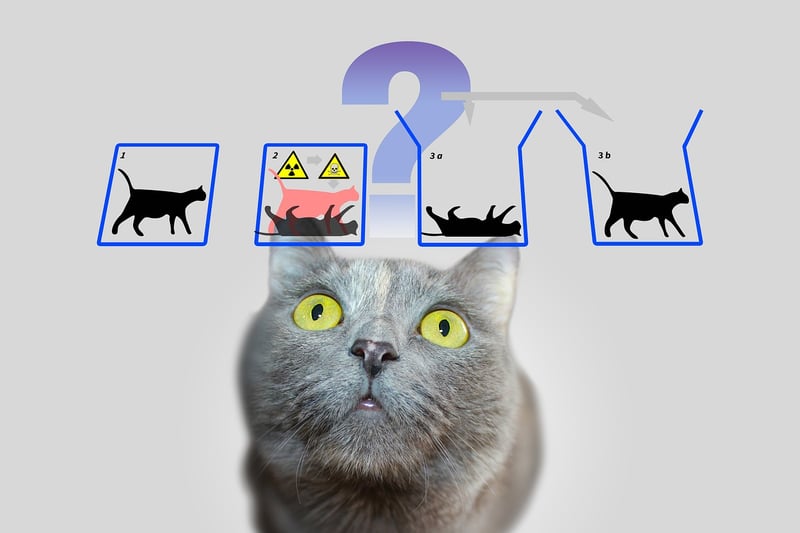Time Travel Ethics
The Fascinating World of Time Travel Devices
Time travel has been a popular concept in science fiction for decades, capturing the imagination of many. The idea of traveling through time, experiencing different eras, and potentially altering the course of history is both exciting and thought-provoking. In this article, we explore various time-travel devices and delve into the ethical considerations that come with the ability to manipulate time.
Types of Time Travel Devices
1. Time Machine
The most iconic time-travel device is, of course, the time machine. Popularized by H.G. Wells' novel "The Time Machine," this device allows individuals to travel backward or forward in time at will. While the concept is fictional, it has sparked numerous adaptations in literature and film.

2. Quantum Tunneling Device
In quantum physics, the concept of tunneling involves particles passing through energy barriers. A hypothetical quantum tunneling device could potentially allow individuals to "tunnel" through time, moving between different time periods by manipulating quantum phenomena.

3. Wormhole Generator
Popularized in science fiction, a wormhole is a theoretical passage through space-time that could create shortcuts for long journeys across the universe. A wormhole generator could theoretically be used to travel through time by connecting two different points in spacetime.

Time Travel Ethics
While the idea of time travel is captivating, it raises complex ethical dilemmas. The ability to change the past or future could have far-reaching consequences, impacting not only the individual time traveler but also the entire timeline and the people within it.
1. The Butterfly Effect
One of the key ethical considerations of time travel is the "butterfly effect," where small changes in the past can have significant and unpredictable consequences in the future. Time travelers must consider the implications of their actions on the timeline and the lives of others.
2. Non-Interference Principle
Some ethical frameworks propose a non-interference principle, suggesting that time travelers should observe without interfering in the natural course of events. Altering the past could lead to unintended consequences and disrupt the natural order of the timeline.
3. Responsibility and Accountability
Time travelers must consider the moral implications of their actions and take responsibility for the changes they make. The power to manipulate time comes with great responsibility, as even minor alterations could have profound effects on the future.
While time travel devices remain a product of fiction, exploring the ethical considerations surrounding time travel allows us to reflect on the impact of our choices in the present. The allure of time travel will continue to captivate us, prompting us to ponder the mysteries of time and space.
